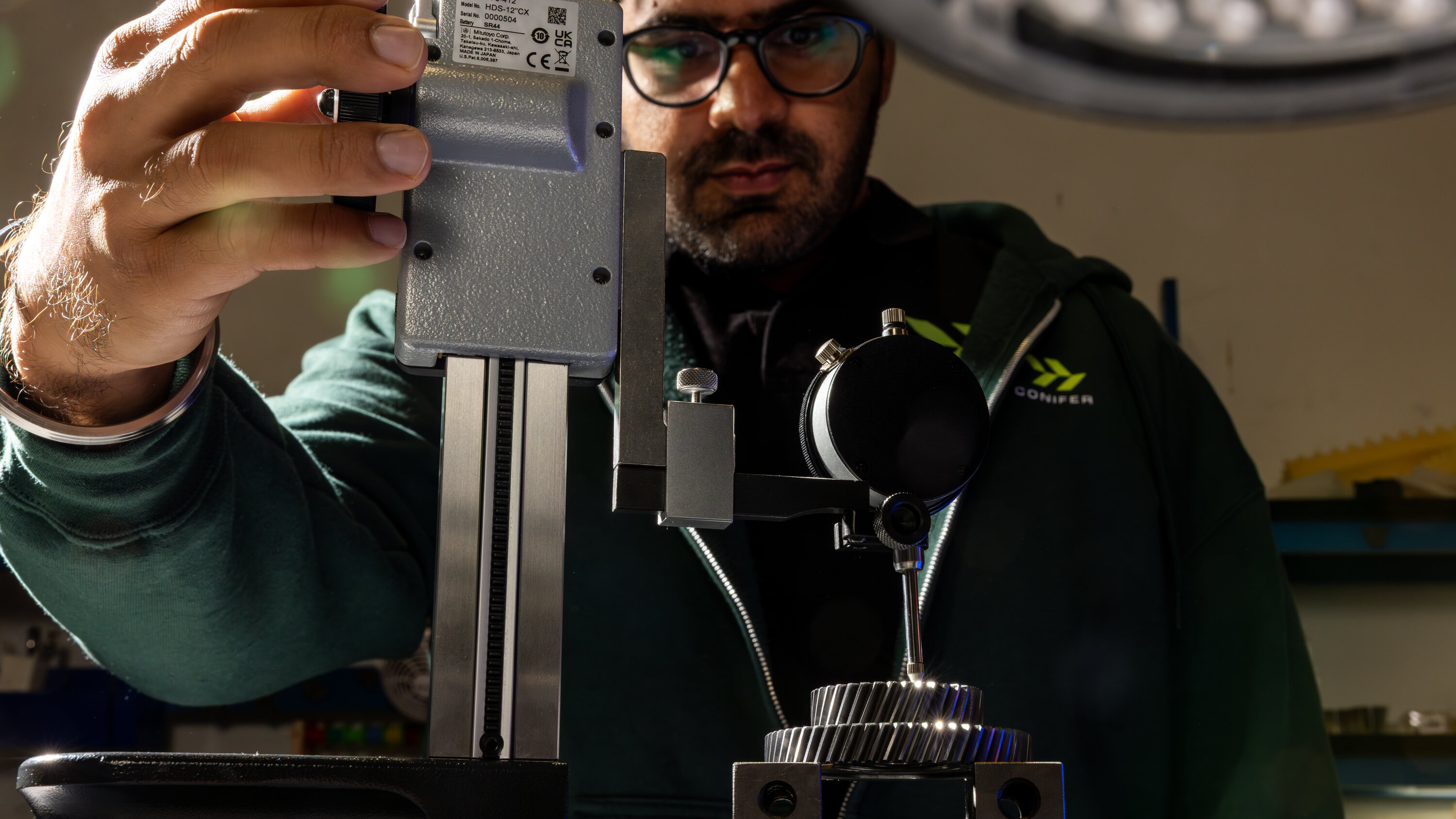Home / Business and Economy / Auto Giants Hunt for Rare Earth Alternatives
Auto Giants Hunt for Rare Earth Alternatives
24 Nov
Summary
- Automakers seek alternatives to rare-earth magnets due to supply chain risks.
- China's dominance in rare earths prompts global industry diversification.
- New motor technologies and synthesized materials are under development.

Facing frequent shortages of essential materials from China, automakers globally are urgently exploring technologies to reduce or eliminate their reliance on rare-earth magnets. These critical components are vital for numerous parts in modern vehicles, particularly for the motors in electric and hybrid cars, where China holds a near-monopoly on mining and processing.
The instability in rare-earth supplies, exacerbated by geopolitical rivalries, has accelerated the search for alternative materials and motor designs. Companies are investing in research and development, with some, like BMW, already utilizing motors that operate without rare earths, despite potential drawbacks such as increased cost or weight.
Efforts range from synthesizing meteorite-found magnetic materials to developing entirely new motor concepts. While some solutions may take years to mature and scale for mass production, the automotive industry is determined to engineer out this dependency, ensuring resilience against future supply chain disruptions.




